Why Copper is the Key to Your Horse’s Vitality and Performance

Why Copper is the Key to Your Horse’s Vitality and Performance
The Vital Role of Copper in Equine Health
Copper is a trace mineral essential for maintaining your horse's health and performance. Beyond its specific functions, copper interacts with other nutrients to support vital physiological processes. Understanding its role can help you provide optimal care for your horse. Read on to learn about copper's functions, signs of deficiency or toxicity, testing methods, and tips for managing copper intake.
What Does Copper Do for Horses?
Copper plays a significant role in various physiological functions, including:
- Enzyme Activation: Copper acts as a cofactor for enzymes like cytochrome c oxidase (energy production), superoxide dismutase (antioxidant defense), and lysyl oxidase (collagen formation).
- Connective Tissue Health: Supports the synthesis of collagen and elastin, essential for healthy tendons, ligaments, and cartilage.
- Red Blood Cell Formation: Copper aids in iron metabolism and hemoglobin production, essential for oxygen transport.
- Immune Function: Helps maintain a robust immune system to protect against infections.
- Pigmentation: Copper produces melanin, responsible for hair and coat color.
Signs of Copper Deficiency in Horses
A deficiency in copper can result in several health issues, including:
- Developmental Orthopedic Disease (DOD) in young horses, causing joint and bone development problems.
- Anemia due to impaired iron metabolism and red blood cell formation.
- Poor coat condition, including dullness, rough texture, and loss of pigmentation.
- Weakened immune system, increasing susceptibility to infections.
Testing Methods for Copper Levels
Monitoring copper levels is essential for maintaining equine health. Common testing methods include:
- Blood Tests: A simple way to measure serum copper levels, providing quick insights.
- Liver Biopsy: The most accurate method for assessing copper stores, typically reserved for critical cases.
- Hair Mineral Analysis: A noninvasive method that evaluates long-term copper status by analyzing mane hair.
- Forage and Feed Analysis: Examines copper content in your horse’s diet to ensure proper intake.
Conclusion
Copper is essential for numerous physiological processes in horses, from enzyme activation to bone health and immune support. Regular testing and a balanced diet are crucial to preventing deficiencies or toxicities, ensuring your horse thrives.
Ready to optimize your horse’s nutrition? Order a Hair Mineral Analysis Kit today and take the first step towards balanced care.





Leave a comment